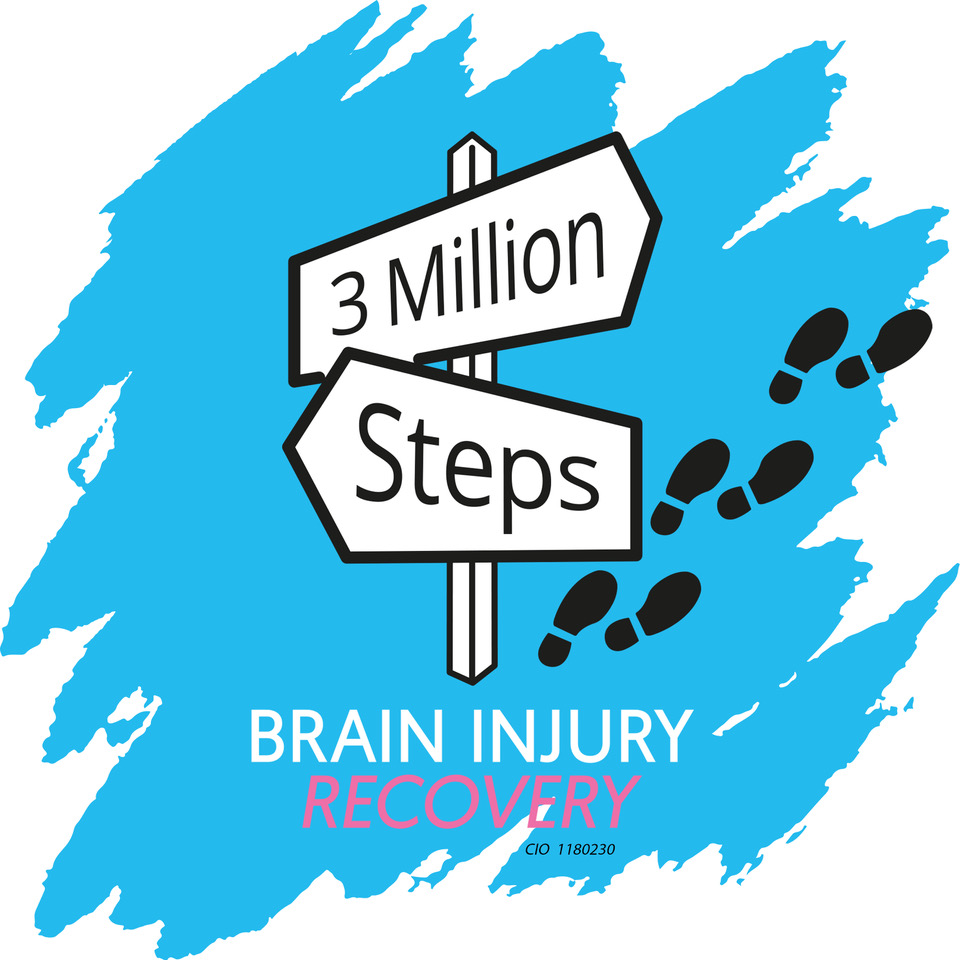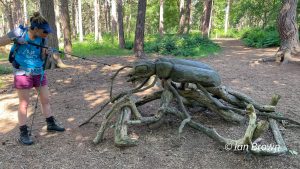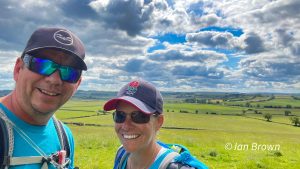Everyone’s brain is different, so every brain injury will affect people differently. I understood that straight away. However, certain aspects of recovery are more obvious and easier to understand than others. For example, learning to walk and talk seemed logical to me where as swimming, toilet training and reading were harder to comprehend. They were almost forgotten about because you do not practice these things in acute rehabilitation. I only really became aware of these things later.
Toilet training
I remember having my catheter removed with relief. Not because I could ever feel it, probably something to do with paralysis, but because it was a sign that I was starting physiotherapy. However, I associated needing a catheter with not being able to use the toilet, but not because my brain had forgotten what it felt like to need to go and so how to control it. A few months later I went through toilet/ ‘potty’ training with my youngest nephew (2 1/2yrs) and became more successful than him day by day, which made me feel better about myself (terrible Auntie), but he was smashing me at the walking! This was one of the hardest tasks and embarrassing (as you can imagine).
Tongue Control and Taste Buds
My tongue was paralysed too, which made eating and forming sounds really tough, but it didn’t occur to me that my taste buds were effected as well. Everything I ate seemed to be really bland or taste really salty. I later realized that the ‘salty’ taste was actually spicy hot chilli. My nose and eyes would stream, but I couldn’t feel the heat. Ian wanted to enter me into some chilli eating competitions, but that would have just been unfair to other competitors, haha.
Reading and Writing
I practiced writing the alphabet in lower and upper-case letters because I had to get comfortable holding and controlling a pen/pencil. I concentrated so hard on making the letters legible that I’d forget what letter came next! This was very time-consuming.
I am dyslexic, but over the years your brain learns certain techniques to overcome obstacles. These techniques were lost so although I could read the basic words reading in general became highly challenging. I built up my reading stamina by reading a couple of words, then a couple of sentences, a paragraph, then a chapter. At that time I hadn’t had my eye operation so reading with one eye tires my brain quicker anyway, plus trying to hold a book still when you have ataxia (shaking) was really challenging, but a good excuse to have a Kindle.
Deafness and Lack of Comprehension
Tinnitus and deafness in my right ear cannot be treated as there is nothing visible to treat. It feels like when you leave a loud party and your ears are ringing. If I haven’t heard something or I have responded incorrectly I rely on other peoples’ reactions to see if I’ve accidently offended them. Pair that with losing your emotional abilities that you learn from childhood, such as empathy, and you can see how this is a risky method of communication. I do not use telephones well at all, but Ian points me in the right direction of conversations (literally and topically) and reminds me to “engage your filter” if I sound, rude or blunt.
Also, I got to go through puberty again at 30 years old, yay!



